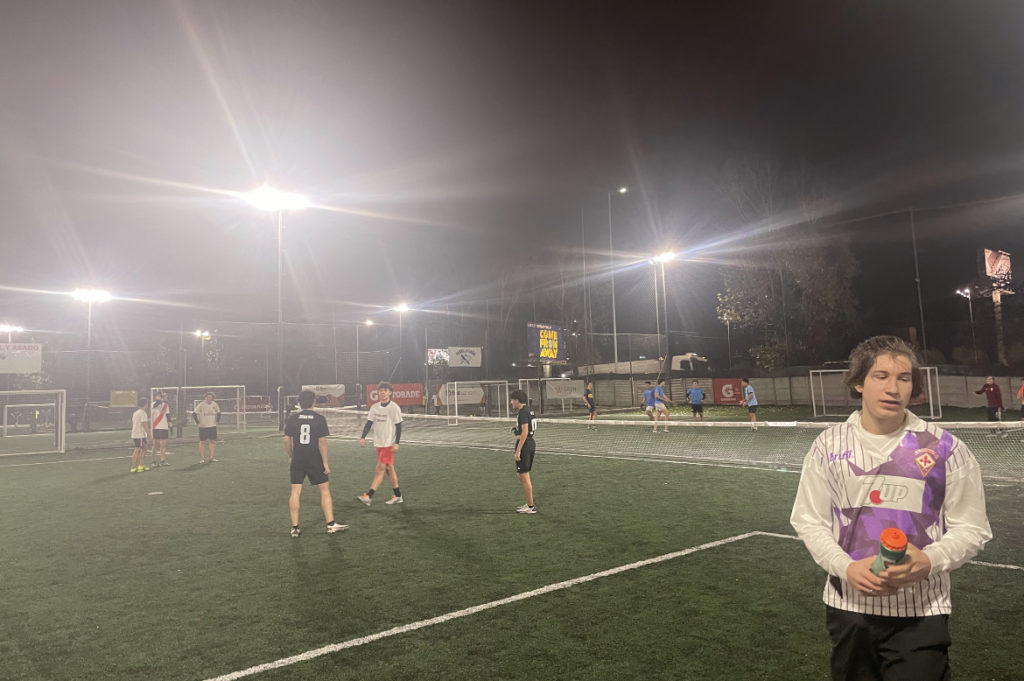Argentinian Spanish is very distinct from other dialects. Because of the high number of Italian immigrants in Argentina, the language spoken in Argentina is heavily influenced by the Italian language. For this reason Argentines have a wide variety of slang words known as “lunfardo” that are characteristic of the country. Spoken by both the younger and older members of the community, “lunfardo” slang changes frequently with words becoming outdated and newer phrases being added. Throughout my time in Buenos Aires so far, I have had to add these words and phrases to my conversations to communicate more casually, lightheartedly, and effectively with Argentines.
One term that I found was used frequently in informal situations was “boludo,” which has an offensive Castellano definition. However, in Argentina, “boludo” most commonly means “buddy” or “mate,” but can still be used as an insult. While playing soccer with Argentines, I noticed that the word was used very frequently during and after games. Picking up on this trend, I started using the word during and after playing. Another phrase I started using was “tener alta lija,” meaning “to be extremely hungry.” I noticed that, whenever I used this phrase to express that I was hungry, Argentines were surprised and amused. The phrase is exclusively used in extremely informal scenarios by Argentine youth. On top of these two Argentine expressions, the people of Argentina use a completely unique verb conjugation form instead of the typical “tu, informal” form. They use a form called the “voseo” which changes the way verbs are conjugated. As soon as I arrived, I noticed the slight differences in the way verbs were conjugated in this form. This kind of verb conjugation was used by every native Argentinian.
During my time in Buenos Aires, I feel that it is important to include these elements of their language in the way I communicate with them more effectively.
